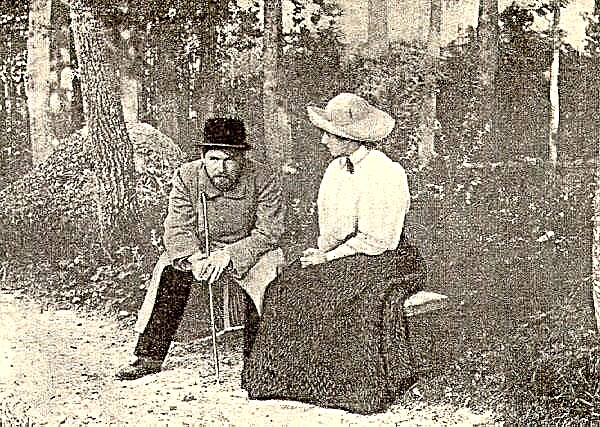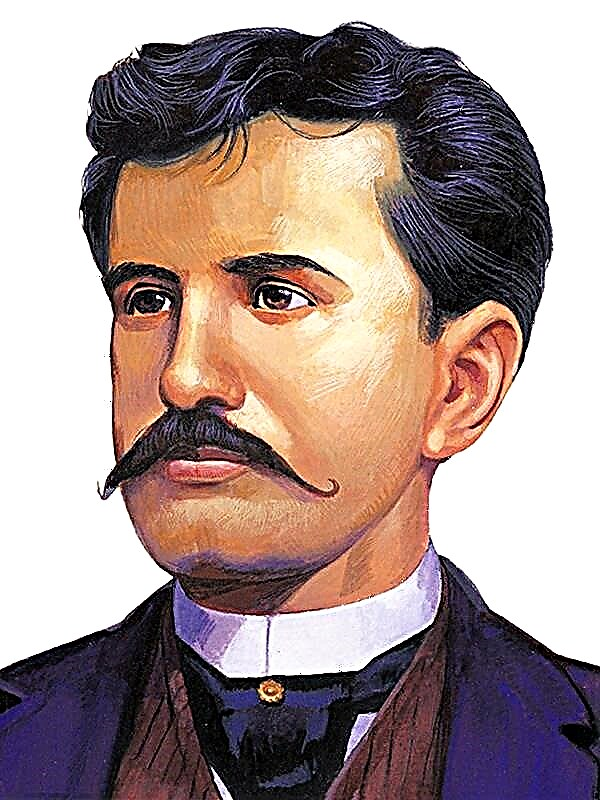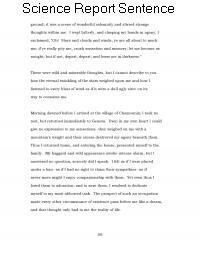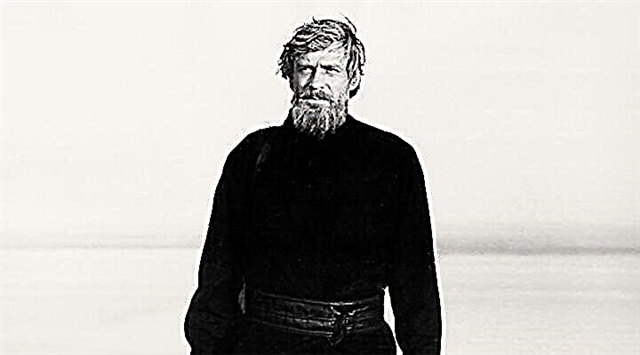Fedor Ivanovich Tyutchev is a great Russian lyricist and one of the most prominent representatives of the golden age of poetry. The poet’s works resonate with the hearts of modern readers, because they are all imbued with deep spirituality. The main thing in the idea of the creator is man, nature and their relationship. Tyutchev landscapes are imbued with a special energy, nature in them is a single organism, living and eternal. In this organism cyclic processes take place, a constant movement, represented by a change of seasons, day and night, the sun and the moon - all these are just moments of his life. In the poem "Spring Waters" F. Tyutchev describes one of such moments.
History of creation
Fedor Ivanovich Tyutchev spent more than 20 years of his life in Germany, and it was he who first introduced Russia to the great Heinrich Heine, translating his works into Russian. Observing the natural landscapes of Bavaria, the poet found harmony in himself, while he drew inspiration from them.
As you know, F. Tyutchev with special trepidation belonged to spring and wrote a whole series of lyric works about this time of year. The poet creates the poem "Spring Waters" in 1830 in Munich, inspired by the landscapes of Bavaria. In this work, he incredibly accurately conveys the atmosphere of the arrival of spring, the joyful revitalization of nature during the thaw.
Genre, direction, size
The genre of the poem is landscape lyrics. The size in which it is written is a four-foot iambic. This is the main poetic size used by the poet. This work has a cross rhyme.
“Spring waters”, like all Tutchev’s lyrics, refer to romanticism. In this work, spring transforms the thoughts of the lyrical hero, and directs the forces of all living things to awaken from sleep after a cold winter.
Images and Symbols
Central to this poem is the springtime. She is in a hurry to change the winter, as our childhood is replaced by youth, and youth by maturity, etc. Snow, from which "sleepy fields" have not yet awakened, symbolizes the beginning of March - the time when nature is waiting for spring to take a dominant place.
The messengers of the young spring are rivers and streams, they “scream” about the arrival of a new time, “run”, symbolizing swiftness, and bring some joy of renewal:
We are young spring messengers
She sent us forward!
Themes and mood
The main theme of this work can be called the relationship between man and nature. Reading "Spring Water", you understand how subtly F. Tyutchev feels the beauty of natural phenomena. Another topic addressed in this poem is the transience of life. Nature does not stand still. As in the human body, changes are constantly taking place in it. In this work, spring replaces winter rapidly, on the run; moments of our being are also swiftly passing.
The poet points to the continuous connection of the human soul with nature, linking the emotional changes of man with the estates of nature. In this poem, the author conveys the mood of the lyrical hero through the advent of spring. As nature wakes up after cold snowy and sometimes gloomy winter days, so in the human soul in difficult times there is hope and strength for a joyful and bright future.
Meaning
The main idea of the poem is that in the life of each of us there is this spring period. There are situations after which vitality leaves a person, the soul as if covered with ice and becomes callous. But, in spite of any adversity, sooner or later spring comes in the hearts of people, bringing an invigorating “round dance of May days” and joyful rejoicing.
The idea of the work of F. Tyutchev is connected with time, the connection of the past and the future. Nothing can stop in space, changes always occur in the universe. Running streams, heralds of spring, personify the offensive of the future, entailing a lot of joyful events.
Means of artistic expression
F. Tyutchev, with his inherent talent for subtly feeling the natural world, masterfully creates the image of spring through such epithets as “rosy” and “light”, because it is in the spring that nature begins to play with bright colors, more sunny days appear. “Quiet, warm May days” mean harmony. The sequence of metaphors from the "sleepy coast" to the "round dance of days" describes the emotional state of a person awakening from a state of apathy or sadness.
To give dynamism and a sense of constant movement, the poet uses the personifications “spring is coming”, “waters are running”, “they speak”, repetitions are used to enhance. In the poem one can also observe the alliteration of the sound w, c, b, d, which helps the reader to reproduce the picture of streams of running water and the dominance of warm spring days. The imminent arrival of spring is conveyed by such techniques as an increase in intonation and exclamation marks.












